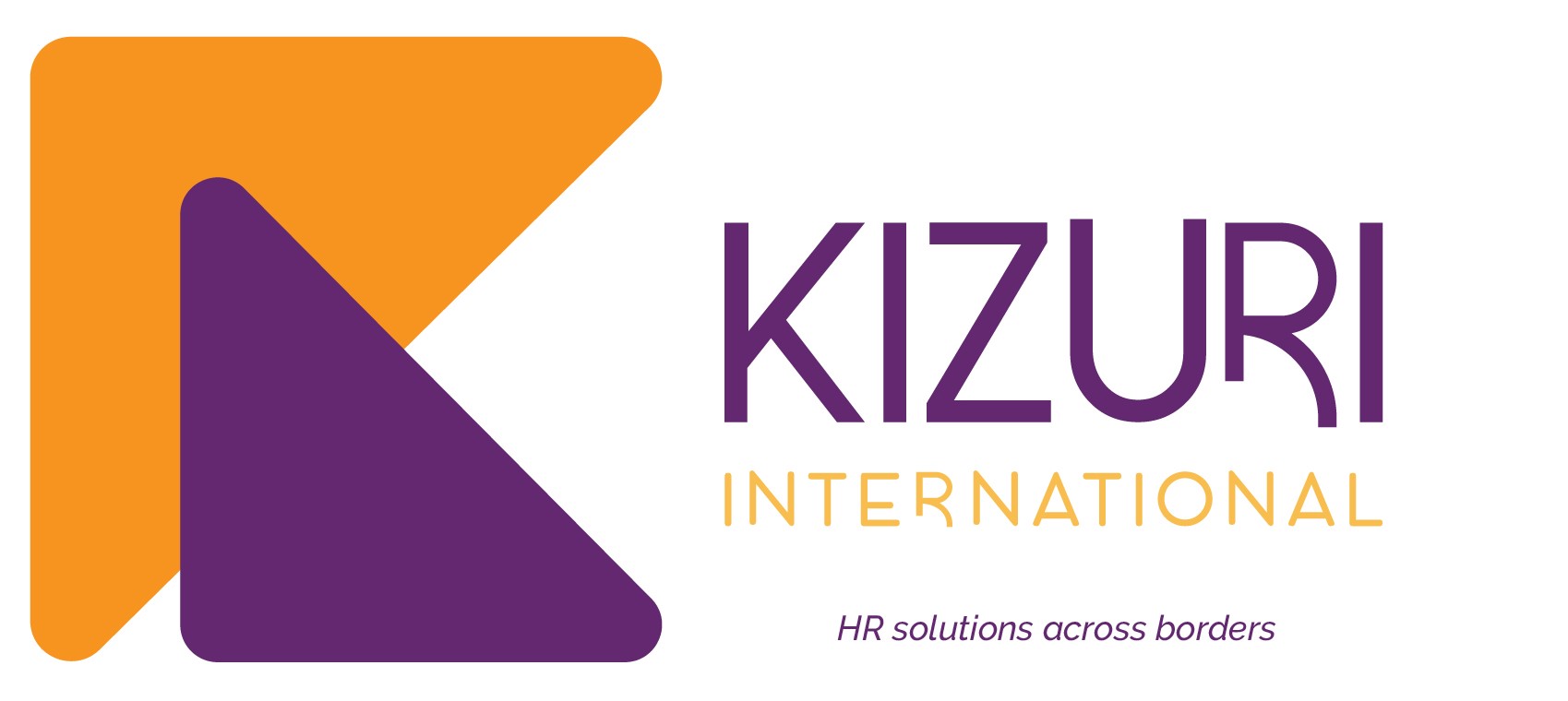
- Labour Law of Liberia
- Decent work Act of Liberia
- The legal working day shall consist of eight hours and (40 hours) per week.
The Basic principles of Taxation in Liberia
The scope of taxation in Liberia
1. Income tax is levied on residents on income derived from all sources. Non-residents are subject to tax on Liberia source income.
2. Other taxes for which individuals may become liable are:
- Social security – 3% of wages; – Goods and Services Tax – 10%, 15%;
- Capital gains tax –∙ Graduated scale; – Property tax/Real estate tax – Varies;
- Withholding tax – 15%, 10%.
The tax year
3. The tax year runs from 1 January to 31 December.
Method of calculating Liberian tax
4. Income tax on resident individuals is levied on a sliding scale at rates that vary between 0% and 25%. Resident expatriates are levied on the same sliding rates as residents on taxable income sourced in Liberia.
5. A non-resident expatriate is taxed at a flat rate of 15% on taxable income sourced in Liberia.
Husband and Wife
6. A husband and wife are treated as separate taxpayers in Liberia.
Determining residence
7. An individual is deemed tax resident in Liberia for a full year if he/she has a normal place of abode in Liberia and is present in Liberia at any time during the tax year, or resides in Liberia for a period exceeding 182 days in a twelve month period that ends during the tax year, or is an employee of the Government of Liberia posted abroad during the tax year.
Understanding the Liberian tax system
Taxation of employment income
8. Taxable income includes salaries, wages, bonuses, commissions, director’s fees, other cash allowances, and any other cash and non-cash benefits.
9. Employment income is subject to monthly withholding tax deducted by the employer and paid over to the tax authorities on a monthly basis within 10 days of the end of the month payments are made.
Benefits
10. Non-cash benefits received from employment are also taxable at the employee’s graduated tax rate, i.e.:
- Use of company car;
- Use of household furniture;
- Company provided accommodation;
- Use of coupon for fuel for private use;
- Utilities paid by the company; and
- Other collateral benefits.
11. The following benefits or income are not included in an employee’s taxable income;
- Non cash benefits not exceeding L$ 100, 000 (approx. US$ 1,098) in aggregate during the tax year;
- Gifts and transfers received in a donation or transfer by death;
- Gains from the disposal of personal use property of not more than L$ 1,600,000 (approx. US$17,582); – Interest income of less than L$ 200 per tax year;
- Health insurance, disability insurance or benefits and death benefits, or proceeds of a life insurance policy. Exemption does not include medical insurance or medical expenses of a person.
Deductions
12. The standard deduction (basic tax free allowance) of L$ 70,000 per annum (approx.US$ 769) allowed to an individual.
13. Donations made by the individual to a qualifying organization are allowable. The deduction for charitable contributions is limited to 15% of the individual’s taxable income (computed before reduction for charitable contributions but after inclusion of any gain on disposal).
Social Security Contributions
14. Every worker employed in Liberia is required to contribute to the mandatory social security schemes unless specifically exempt.
15. The general mandatory monthly social security contribution rates for employers and employees are 4% and 6% respectively of the employees’ total wages which is paid to the National Social Security and Welfare Corporation (NASSCORP) by the last of the month in which payments are made. 10% of contributions made to NASSCORP is redistributed to National Pensions Fund and Employment Injury Scheme.
Breakdown
Employer pay 2% – Employment Injury Scheme (EIS)
Employee pay 4% – National Pension Scheme (NPS)
Employer pay 4% – National Pension Scheme (NPS)
Totaling — 10%
Employee pay 4% – (NPS)
Employer pay 6% – (NPS and EIS)
10%
16. Foreign nationals working in Liberia whether on short term or long term assignments are currently required to make social security contributions to NASSCORP.
17. Persons excluded from remitting social security contributions include but are not limited to: employers of less than 5 employees and their employees, persons employed upon a vessel, domestic workers, members of the Armed Forces, diplomats, etc.
Employer Compensation & obligations to employees in Liberia.
An employer pay End of Service benefits & Leave allowance payment to employees under a condition where the staff have served a duration of work or retired under a good condition without any criminal record of demises.
